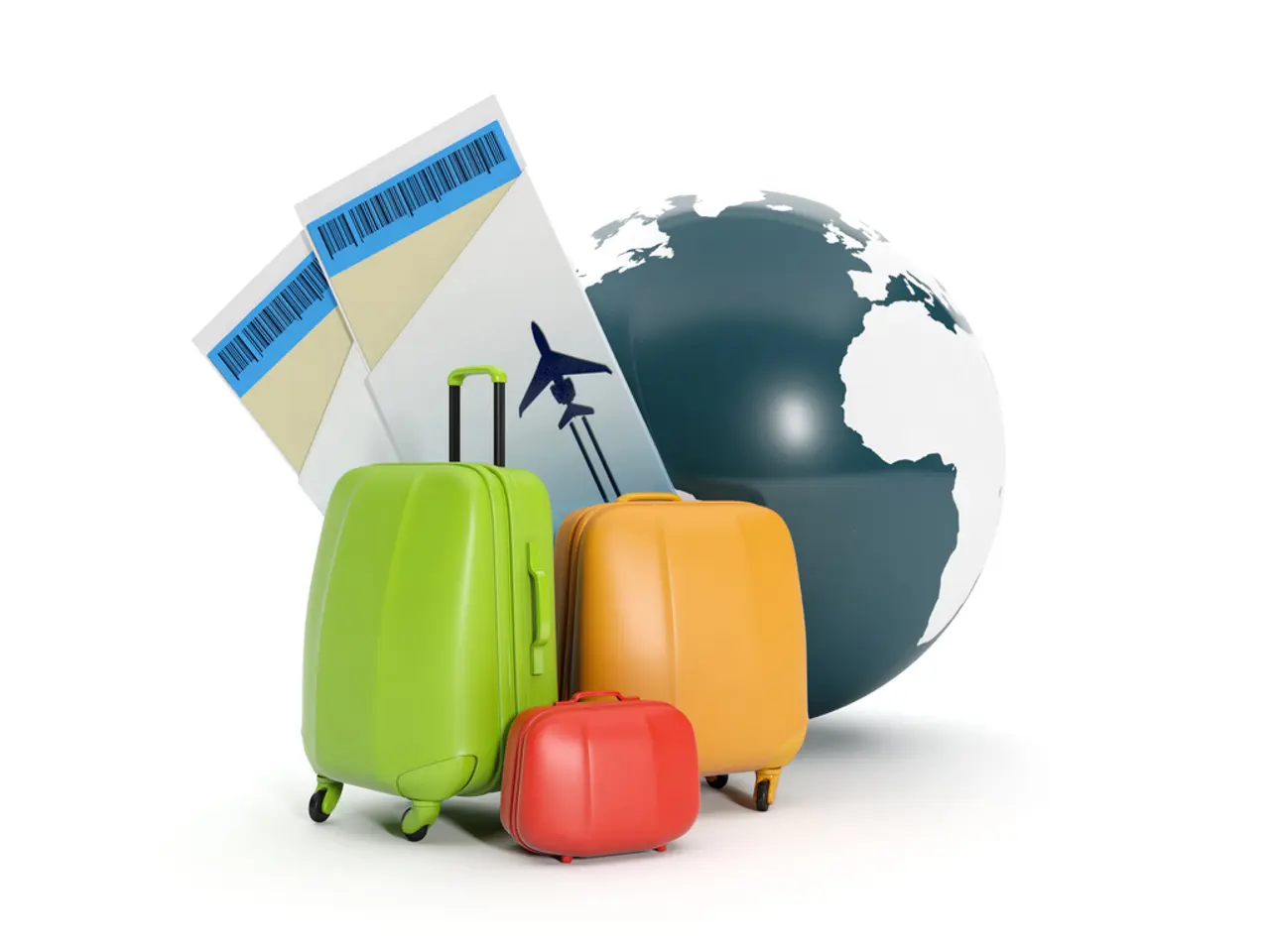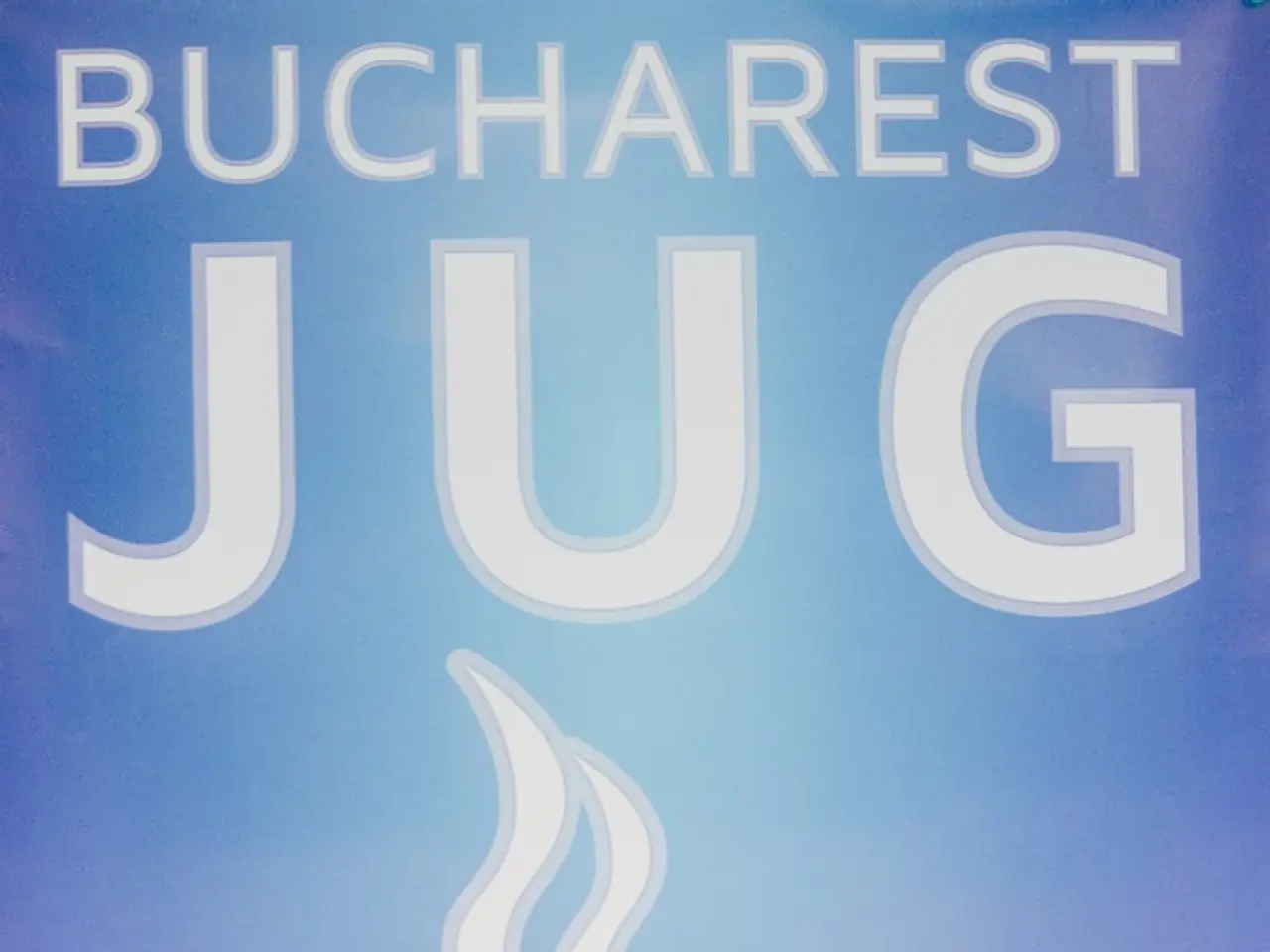Government intends to alleviate burden on German travel sector
The German government's tourism coordinator, Christoph Ploß (CDU), has put forth a comprehensive five-point plan to strengthen the tourism industry and financially relieve companies. The detailed plan aims to support the industry's recovery and growth post-pandemic and address the recent tax increases.
- Reversing the increase in the air travel tax: Ploß emphasized that the "increase in the air travel tax must be reversed" as a first and urgent step to support the industry. He highlighted the surcharge for short-haul flights, which rose from €12.48 to €15.53 in May 2024, as a significant factor making holidays more expensive for millions of Germans.
- Reducing airport charges: Ploß advocated lowering charges imposed at German airports to prevent a reduction in flight connections, thus maintaining the attractiveness of German airports to airlines and travelers.
- Maintaining flight connections: Ploß pointed out the importance of ensuring that flight connections at German airports do not diminish, as this would keep Germany competitive in the global aviation market.
- Affordable vacation options: Ploß stressed the need to provide affordable vacation options, like trips to popular destinations such as Mallorca, to ensure tourism accessibility for the public.
- Broad financial relief measures: The plan includes broader financial relief measures to ease burdens on companies in the tourism and aviation sectors, although specific details have not been disclosed.
In addition to these points, Ploß called for a change from daily to weekly maximum working hours in the tourism industry, a reduction of documentation and reporting obligations in the catering industry, and a shift from regular proof requirements to a risk-oriented approach in enforcement, such as in the documentation of food hygiene in catering.
The plan also includes simplifying the visa process for tourists and business travelers, with funds budgeted for the digitization of Schengen visas for the year 2026. Moreover, the charges from providers for package tours to the German travel security fund will gradually decrease: from 1% to 0.75% in September, and to 0.5% in November.
The proposal was reported by "Welt," a German newspaper, which has been a primary source of information regarding Ploß's plan. The high cost burden on companies in Germany and the importance of reducing fees, levies, and taxes for the tourism industry were emphasized by Ploß, who stated that tourists make travel decisions based on reliable transport connections, good service, and price offers.
[1] Welt, "Ploß will Vorschlag für Auflockerung des Reisebürogesetzes vorlegen" (2023) [2] Welt, "Ploß will Vorschlag für Auflockerung des Reisebürogesetzes vorlegen" (2024) [3] Unnamed source, interview with Christoph Ploß (2023) [4] Welt, "Ploß fordert Kürzung von Flugsteuer und Lufthafengebühren" (2024) [5] Welt, "Ploß fordert Kürzung von Flugsteuer und Lufthafengebühren" (2025)
Business leaders and politicians in Germany's tourism sector have been actively pursuing financial relief to bolster the industry's recovery from the pandemic. Addressing the recent tax increases, Christoph Ploß, the German government's tourism coordinator, has proposed a reduction in airport charges and a reversal of the air travel tax increase as part of a broader plan to ease burdens on companies. Moreover, the plan includes the simplification of visa procedures for tourists and business travelers in a bid to increase tourism accessibility.




